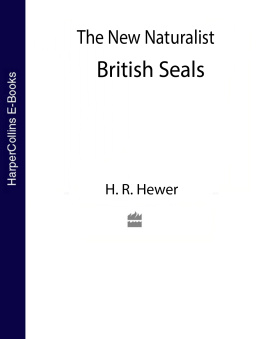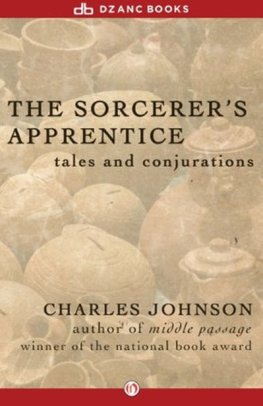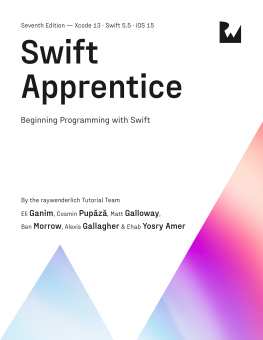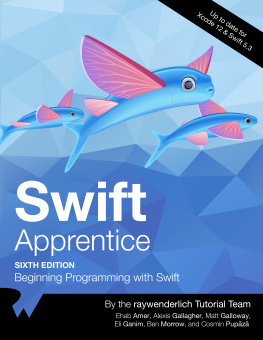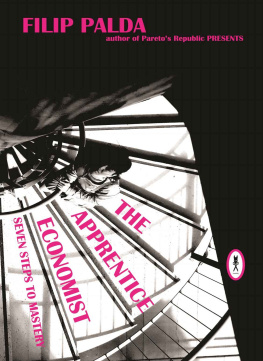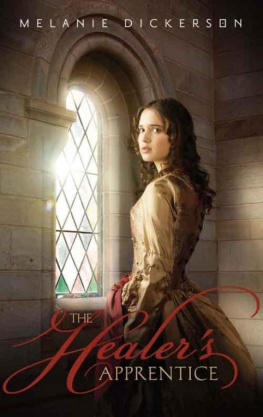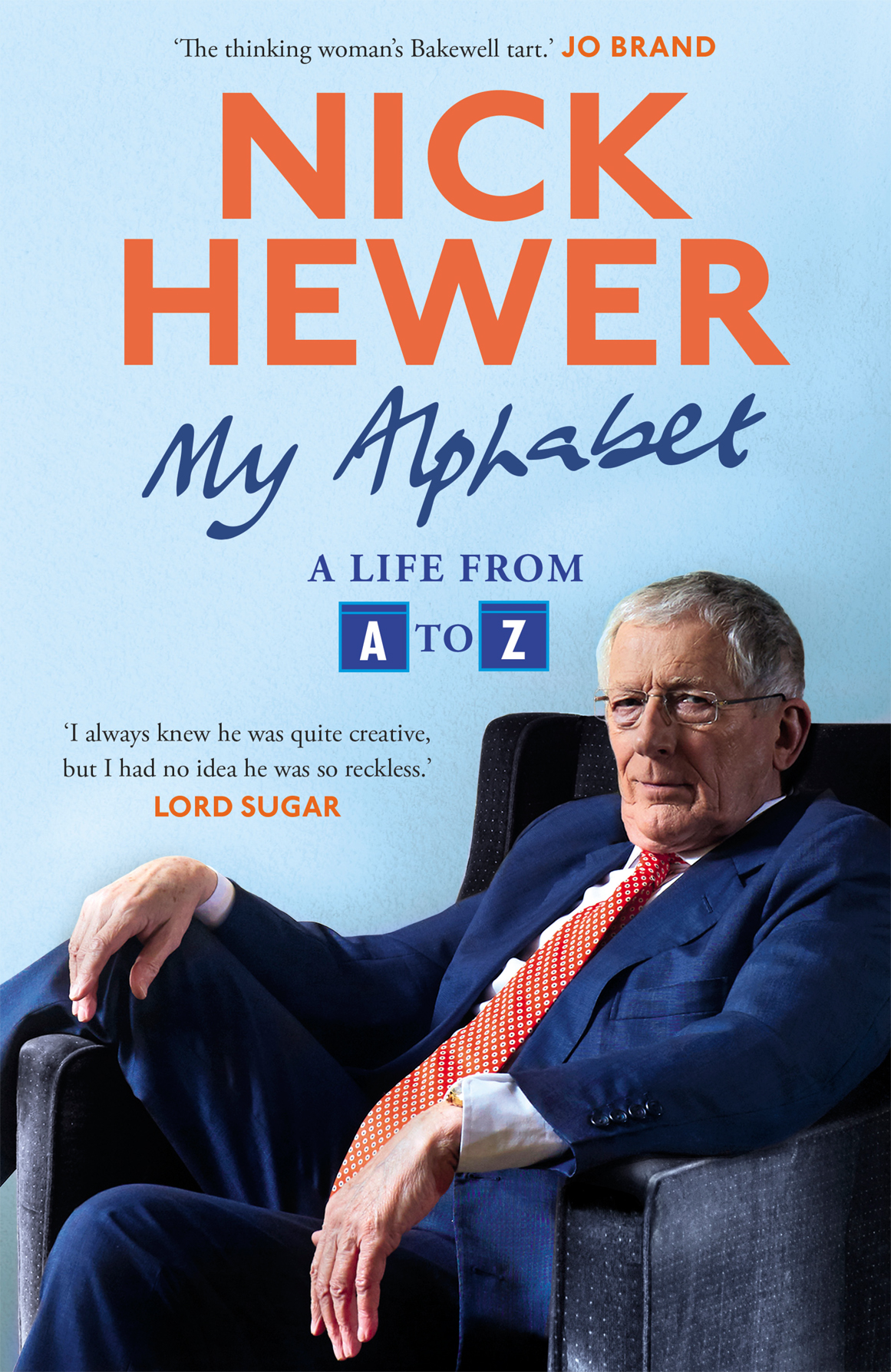D
Determination
Finding it
By the late summer of 1962, after seven years at the Irish Jesuit boarding school, Clongowes ( see J: JESUITS), I had my Leaving Certificate and university matriculation certificates neatly rolled up in my pocket, and so was eligible for a place at either University College Dublin or Trinity College. Gone, happily, were the days when Catholic students were forbidden to enter Trinity, though the Jesuits at Clongowes still bristled at any of their boys heading in that direction.
I had gained a place to study law, hopefully at Trinity, where my older brother David had started to read medicine, but who by this time had experienced something of an upset and had returned home to Wiltshire. His early recall prompted my father to consider whether it was wise to propel his second son off to the fun and games that Dublin had to offer in such abundance. Also, I think that having educated two boys privately, with three younger children still away at school, the prospect now of starting them off at university was perhaps a bit too expensive for him. In appearance, he was quite well-to-do he was senior partner in a successful and modern large animal veterinary practice, which his father had started on returning from the First World War; there was a biggish house with no mortgage, which Grandfather had bought in the thirties, and the pre-war comforts including a full-time gardener and Grandfathers old groom, but there never seemed to be any surplus money, so the thought of ploughing into the costs of a university education in a different country without the grants and student loans of today must surely have weighed on Dads mind.
One way around this was to get me articled to a local solicitor, for in those days one could take either a law degree with two years training afterwards, or a five-year articled clerkship. This proposal was a disappointing development. I fretted at not being at university in Dublin, where all my pals were. Id been in Ireland for the best part of seven years, that was where my life was, and I didnt really have many friends at home anymore. But in those days, you did what you were told, so off I went to be articled to one of the two big firms in Swindon Lemon, Humphreys and Parker the senior partner of which was Sidney George Gordon Humphreys, disrespectfully known as Sid, a friend of the family and a rather imposing, some would say fearsome, figure.
Unfortunately, they hadnt had an articled clerk for years, and I found myself passed on to one of the junior partners in the firm as a kind of office boy on a salary of 5 a week. There was very little training, so I pottered about the office, housed in those days in two Edwardian red-brick townhouses in Regent Circus, the business hub in downtown Swindon, waiting for the next little task to be handed to me. But it wasnt all boring boundary disputes and County Court judgments, for there were some interesting projects where I proved myself to be really quite mature for my age.
The firm had been appointed to represent a middle-aged man on remand at Bristols Horfield prison, on a charge of bigamy. With the trial looming, it was felt appropriate to send me, a nineteen-year-old articled clerk, to visit him with the aim of preparing a brief for counsel. Horfield was the quintessentially Victorian penal heap: noisy, smelly and painted in a drab green. I was ushered into an interview room to meet our client and sat opposite him, a steel table between us. I produced a pad and a pen and asked him to tell me of his troubles. All these years later, I can still recall him sizing me up, and the look in his eye told me that I was unlikely to be a problem.
Off he went, regaling me with tales of his conquests and the extraordinary effect he exercised over women. As a decorator and painter, he roamed the housing estates of the town, cutting through the weakening protests of legions of housewives, or so he would have me believe. As I scribbled away, his stories became more elaborate and tragic, as he explained that he was unable to resist the entreaties of his many lovers until, inevitably, he started to marry quite a lot of them in quick succession. On and on he went, the time slid by until, unexpectedly, he started to cry, imploring me to understand how difficult his life had been and now here he was, banged up in Horfield, facing the prospect of a lengthy spell without the benefits of female company. He eyed me carefully. Do you know how many times I masturbate every day? he asked. I told him I didnt wish to hazard a guess on that subject and so he told me that, on average, it was eighteen times, but perhaps more on the weekends, when he had more time to devote himself to himself, so to speak. I looked at my watch and was surprised to discover that I had been taking notes for nearly two hours.
I thanked him for providing such a wealth of information for his statement, and then, with a dramatic flourish, I took my notebook, tore it in half and threw it on the floor and invited him to start again, but this time with a true and accurate account of his life. He crumbled before my eyes and then, in quiet tones, he recounted a rather sad and shabby life and one that just might soften the heart of a judge when offered in mitigation.
I returned to Regent Circus, crafted the statement for counsel and passed it to Chris Sheward, the young partner handling the case. An amusing and portly little man, often affecting a slightly-too-small trilby, he berated me for striking a rather too confident tone to counsel in the statement. They are at the Bar! he seemed to be saying. And we are just lowly country solicitors. I cant remember what became of my bigamist, but Id like to think that he did not have to keep up his masturbating rate for too long.
It was shortly after my little sortie to Bristol that I ran into a group of top silks at the Winchester assizes. Our client, a bank manager, was a defendant in a fraud case. I seem to recall that he was in cahoots with a number of used-car dealers and between them they were fleecing the bank. The partner in charge was Micky Mather, a kindly, boozy, ruddy-faced solicitor who liked to get home on time. We drove down to Winchester on the opening day of the trial and, from then on, he stayed in the office and I would troop down to Winchester each day and report on the days proceedings each evening.
There were a number of defendants, each represented by a QC and a junior, and over the course of the trial I was adopted as a sort of mascot by this clutch of top silks, each of whom would tell the group over the lunch break of their great trial successes, glancing at me from time to time to measure how impressed I was. I was far more impressed by the rank of sleek Bentleys parked outside the assize courthouse. Each evening they would sweep off, one after the other, scattering the good citizens of Winchester as they headed to the London road and drinks before dinner in Mayfair.
I recall that our client was represented by an eminent QC, Edgar Fay, who put up a good defence, but the jury was not swayed and our man went down. Unfortunately, Micky Mather had decided to stay at the office that day and the bank managers family had also failed to show and so it fell to me to take possession of our now-incarcerated clients bag and head back to Swindon to break the bad news to them.
I still recall how nervous I was, standing in the darkened porch of a modest terraced house in Avenue Road, Swindon, as I rang the bell. The door swung open, and crowded in the doorway I saw the family of wife and teenage children, their eyes wide with expectation, but narrowing quickly into slits of fury as they spotted Dads bag and no Dad. I was dragged into the front room and they sat around me, demanding an explanation, their anger ill-disguised and mounting. After two hours, I had managed to talk them down and they invited me to stay for supper.


